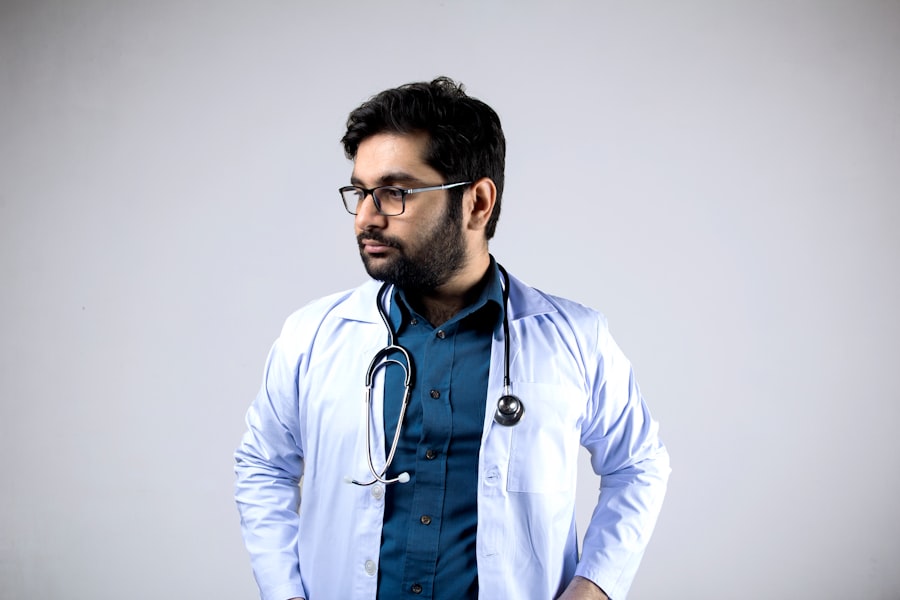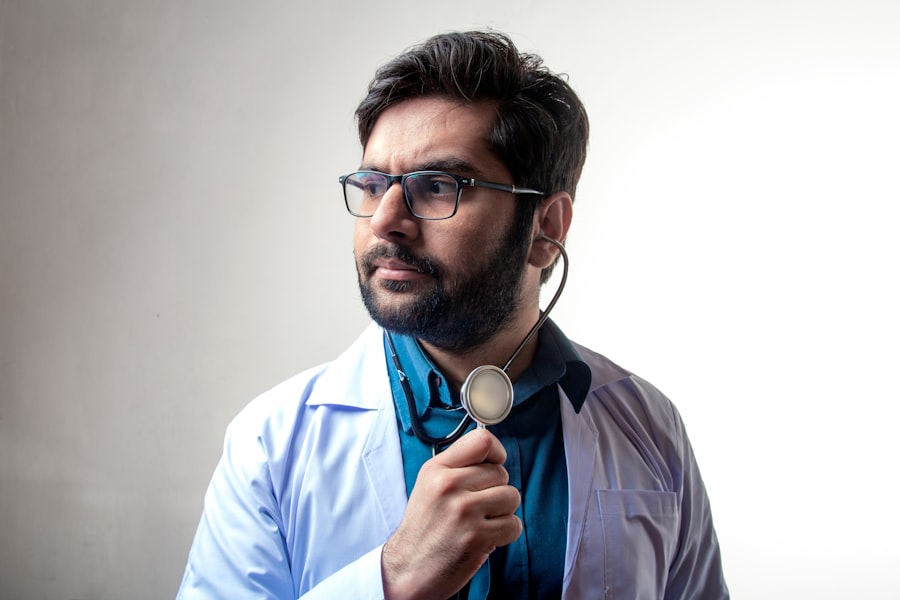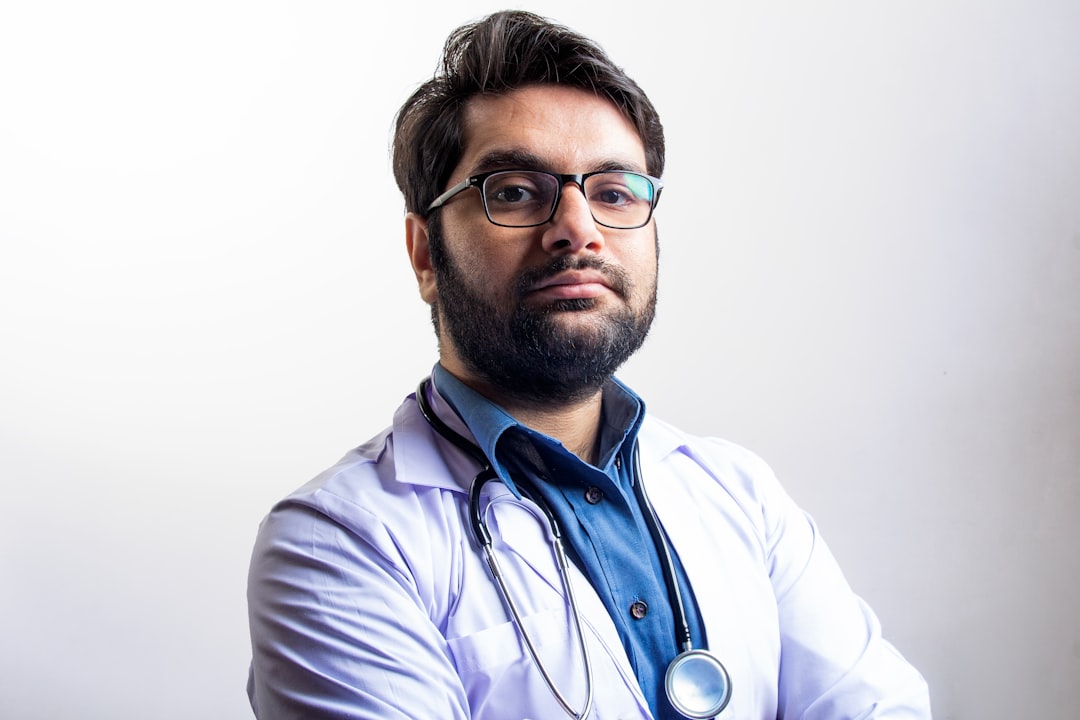Norway is renowned for its robust healthcare system, which is primarily funded through taxation and offers a wide range of services to its residents. The country’s commitment to providing high-quality healthcare is evident in its well-structured system that prioritises accessibility and efficiency. For both citizens and residents, the Norwegian healthcare system is designed to ensure that everyone receives the necessary medical attention without facing exorbitant costs.
However, for visitors and newcomers, understanding how to navigate this system can be a daunting task, particularly when it comes to the intricacies of personal identification numbers. The healthcare landscape in Norway is characterised by a blend of public and private services, with the public sector being the backbone of the system. This dual approach allows for a comprehensive range of services, from general practitioners to specialised care.
However, the necessity of having a D-number or a personal identification number can complicate matters for those who are not permanent residents. This article aims to provide insights into the Norwegian healthcare system, particularly focusing on the challenges faced by individuals without a D-number and offering guidance on how to access necessary services. Book your 1-hour strategy session with Norway Relocation Group.
Summary
- Healthcare in Norway is known for its high quality and universal access for residents and visitors alike.
- The D-Number is a unique identifier used in Norway for accessing healthcare and other public services.
- Navigating healthcare without a D-Number can pose challenges, including limited access to certain services and providers.
- Finding healthcare providers without a D-Number may require seeking out private options or temporary personal numbers.
- Accessing emergency healthcare services is available to all, regardless of D-Number status, but may incur costs for non-residents.
Understanding the D-Number and its Importance
The D-number, or “D-nummer,” is a temporary identification number assigned to individuals who are not permanent residents of Norway but require access to various services, including healthcare. This number is crucial for anyone planning to stay in Norway for an extended period, as it facilitates interactions with government agencies and healthcare providers. The D-number serves as a unique identifier, allowing individuals to access medical services, register with a general practitioner, and receive necessary treatments without unnecessary bureaucratic hurdles.
Obtaining a D-number is essential for anyone who intends to live or work in Norway temporarily. It simplifies the process of accessing healthcare services and ensures that individuals can receive timely medical attention when needed. Without this number, navigating the healthcare system can become significantly more challenging, as many healthcare providers require it for registration and billing purposes.
Understanding the importance of the D-number is the first step towards effectively utilising Norway’s healthcare services.
Challenges of Navigating Healthcare Without a D-Number

For those without a D-number, accessing healthcare in Norway can present numerous challenges. One of the primary issues is that many healthcare providers may refuse to treat individuals who do not possess this identification number. This can lead to delays in receiving necessary medical care, which can be particularly concerning in urgent situations.
Furthermore, without a D-number, individuals may find it difficult to register with a general practitioner or access specialist services, as these often require proof of identification. Additionally, the lack of a D-number can complicate billing processes. Many healthcare providers operate on a system that requires patients to present their identification number for insurance purposes or payment processing.
Consequently, individuals without a D-number may face difficulties in understanding their financial responsibilities or may be required to pay out-of-pocket for services that would otherwise be covered under the public health system. This can lead to confusion and frustration, particularly for those unfamiliar with the Norwegian healthcare landscape.
Finding Healthcare Providers Without a D-Number
Despite the challenges associated with not having a D-number, it is still possible to find healthcare providers willing to assist individuals in need. Some clinics and hospitals may offer services to those without a D-number, particularly in emergency situations. It is advisable for individuals to research local healthcare facilities beforehand and inquire about their policies regarding patients without identification numbers.
Many larger hospitals in urban areas may have more flexible policies compared to smaller clinics in rural regions. Another option is to seek out private healthcare providers who may be more accommodating when it comes to treating patients without a D-number. Private clinics often have different protocols and may not require the same level of documentation as public facilities.
However, it is important to note that private healthcare services can be significantly more expensive than those provided through the public system. Therefore, individuals should weigh their options carefully and consider their financial situation before opting for private care.
Accessing Emergency Healthcare Services
In cases of emergency, accessing healthcare services in Norway becomes paramount, even for those without a D-number. The Norwegian healthcare system is designed to prioritise urgent medical needs, and emergency services are available to everyone regardless of their residency status or identification number. In life-threatening situations or severe medical emergencies, individuals should not hesitate to call for an ambulance or visit the nearest hospital.
Emergency rooms in Norway are equipped to handle a wide range of medical issues, and staff are trained to provide immediate care regardless of a patient’s identification status. However, it is advisable for individuals without a D-number to be prepared for potential questions regarding their identification and insurance coverage upon arrival at the hospital. While emergency care will be provided, understanding how billing will be handled post-treatment is essential for managing any financial implications.
Understanding the Cost of Healthcare Without a D-Number

The cost of healthcare in Norway can vary significantly depending on whether an individual has a D-number or not. For residents with a D-number, many medical services are subsidised by the government, resulting in lower out-of-pocket expenses. However, for those without this identification number, costs can escalate quickly.
Many healthcare providers may require upfront payment for services rendered, which can lead to unexpected financial burdens. It is crucial for individuals without a D-number to inquire about costs before seeking treatment. Some clinics may offer transparent pricing structures or payment plans that can ease financial strain.
Additionally, understanding whether any insurance coverage applies can help mitigate costs. For tourists or short-term visitors, travel insurance that includes health coverage can be invaluable in covering unexpected medical expenses during their stay in Norway.
Applying for a Temporary Personal Number
For those planning an extended stay in Norway, applying for a temporary personal number can be an effective solution to accessing healthcare services more easily. The application process typically involves providing documentation that proves residency status or employment in Norway. Once granted, this temporary personal number functions similarly to a D-number and allows individuals to register with healthcare providers and access necessary medical services.
The application process may vary depending on individual circumstances and local regulations; therefore, it is advisable to consult with local authorities or immigration offices for specific guidance on how to apply. Having this temporary personal number not only simplifies access to healthcare but also enhances overall integration into Norwegian society by facilitating interactions with various public services.
Navigating the Healthcare System as a Tourist or Visitor
Tourists and visitors in Norway should be aware of their rights regarding healthcare access during their stay. While they may not have a D-number or personal identification number, they are still entitled to receive emergency medical care if needed. It is advisable for visitors to carry travel insurance that covers health-related expenses while abroad; this can significantly ease concerns about potential medical costs.
In addition to emergency care, some clinics may offer services specifically tailored for tourists, including minor injury treatment or general consultations. Visitors should research local healthcare options before travelling and identify clinics that cater specifically to non-residents. Being informed about available resources can help ensure that any health issues encountered during their stay are addressed promptly and effectively.
Seeking Assistance from the Norwegian Directorate of Immigration
For those facing difficulties navigating the Norwegian healthcare system due to lack of identification numbers, seeking assistance from the Norwegian Directorate of Immigration (UDI) can be beneficial. The UDI provides guidance on various matters related to residency status and identification numbers, including how to apply for a D-number or temporary personal number. The UDI’s resources can help clarify any confusion regarding eligibility for healthcare services and provide information on how best to proceed if one encounters barriers within the system.
Additionally, they may offer support in understanding rights as a resident or visitor in Norway, ensuring that individuals are well-informed about their options when it comes to accessing necessary medical care.
Exploring Private Healthcare Options
While navigating the public healthcare system can be challenging without a D-number, exploring private healthcare options may provide an alternative route for those seeking medical attention. Private clinics often have more flexible policies regarding patient identification and may offer quicker access to specialists compared to public facilities. However, it is essential for individuals considering private care to be aware of potential costs involved.
Private healthcare services in Norway can be significantly more expensive than those provided through the public system; therefore, individuals should carefully assess their financial situation before proceeding with private treatment options. Researching various clinics and comparing prices can help ensure that individuals make informed decisions regarding their healthcare needs.
Tips for Navigating Healthcare in Norway Without a D-Number
Navigating the Norwegian healthcare system without a D-number can undoubtedly present challenges; however, being informed and prepared can significantly ease the process. Understanding the importance of obtaining either a D-number or temporary personal number is crucial for accessing necessary medical services efficiently. Individuals should proactively seek out information regarding local healthcare providers willing to assist those without identification numbers and explore private options if needed.
Additionally, carrying travel insurance that covers health-related expenses can provide peace of mind during one’s stay in Norway. In emergencies, individuals should not hesitate to seek immediate care regardless of their identification status; emergency services are available to all. Lastly, seeking assistance from local authorities such as the Norwegian Directorate of Immigration can provide valuable guidance on navigating the complexities of the healthcare system.
For those looking to immerse themselves further into Norwegian culture while managing their health needs effectively, consider enrolling in Norwegian courses at the NLS Norwegian Language School. These courses not only enhance language skills but also provide insights into navigating everyday life in Norway, including understanding the nuances of its healthcare system. By combining language learning with practical knowledge about local services, individuals can better equip themselves for their time in this beautiful country while ensuring they have access to essential healthcare resources when needed.
Speak Norwegian with confidence. Enroll in a class at the NLS Norwegian Language School now.

